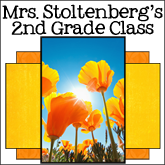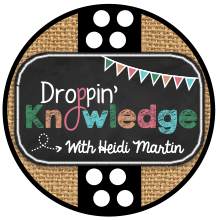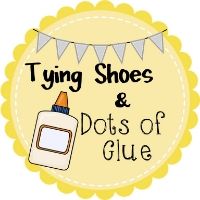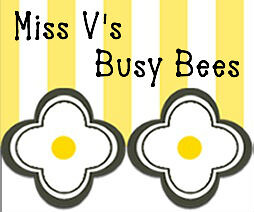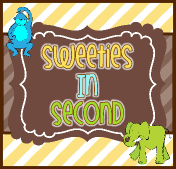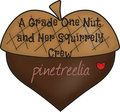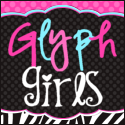Every year in my class, writing instruction begins on the first day of school, and continues everyday for the remainder of the year. All students need support, encouragement, and very importantly, tools to help them become successful in the art of written communication. As an educator, your students look to you for all of the above, no matter their age or ability.
Of the programs I have used through the years, The Writing Game created by Chris Biffle for Whole Brain Teaching, has had amazing results in my classroom. (The Writing Game is a free EBook download at wholebrainteaching.com. Check out the webcasts, #536 and #537, Writing Game Part 1 and Part 2 at the WBT site also.) Now, to make this program even better, Coach B has introduced Triple Gold Writing!
Triple Gold Writing begins by teaching your students how to write “one, perfect, information packed sentence.” When I introduced my class to this process, I used the scaffolding examples shown in The Triple Gold webcasts at WBT.


I started with lots of oral repetitions to help students understand the task. As Coach points out, remind students that a Triple Golder is about three separate subjects. Otherwise, you have created a “Clinker”!

At the beginning, at least ten minutes was spent every morning just in oral practice, incorporating Teach-Okay with Tag Team to keep student engagement high and to generate as many student responses as possible. The next step was to have students generate written examples while still working with partners. Both steps allowed for the range of abilities in my classroom to participate more successfully and with less intimidation. Once I felt at least 80% of my class were becoming more fluent in their written responses, I shifted to the next level…the Triple Golder Paragraph!
For the Triple Golder Paragraph, I switched to a paragraph framework where each piece of the Triple Golder Sentence became a sentence on its own. This step was helped by the fact that my students had been working on Genius Ladder paragraphs for some time. Using the pattern below, students were able to see a familiar pattern, but with new directions.


After several days of practice using this frame, I then required this pattern as the standard for daily writing. As a result, the Triple Golder Paragraph soon became an automatic response to daily writing tasks.
But as you may know, Coach B couldn’t stop with just a paragraph! New goal…Triple Golder Essay! First, I told my students that Coach B had just sent us a new challenge in our writing, but that he wasn’t quite sure if we were up to it! Of course, you can picture the reaction from the class! They were not stepping back…bring it on! When I showed them the essay pattern followed by examples, the light bulbs went LED!! They realized the new frame was a continued pattern from the Triple Golder Paragraph! Here is Coach’s diagram I posted on my front board as a guide for my students.

We took the sample below and began walking through the steps orally. I then took one of our original Triple Golder Sentences, and slipped it in for further oral practice.

The written essays then started taking shape. Note, the frame did not remind them to indent with each new paragraph, so that was a mechanic many had to work on. For the Adder sentences in each paragraph, students used a Because Clapper and a For example sentence to demonstrate critical thinking in their sentence choices.
Learning to write is not easy, but mastery can best be achieved through daily practice in a safe, supportive environment. Here’s how Coach B sums it up:

I am including some examples of my students’ essays to give you a feel of what you might expect from 2nd graders.





For more information on Triple Gold Writing, check out the free webcasts at http://wholebrainteaching.com/ I look forward to hearing about your “gold” experiences!


